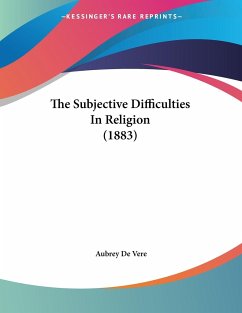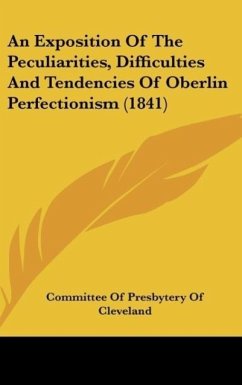He took a chair, but, in passing by the young woman, her sex, her beauty, her modest air, gave him a sensation that repelled his using it, and he leant upon its back, looking expressively at Elinor; but Elinor either marked not the hint, or mocked it. "So you have really," she said, "taken the pains to go to that eternal inn again, to enquire after this maimed and defaced Dulcinea? What in the world can have inspired you with such an interest for this wandering Creole?" "'Tis not her face does love create, For there no graces revel."
Bitte wählen Sie Ihr Anliegen aus.
Rechnungen
Retourenschein anfordern
Bestellstatus
Storno








